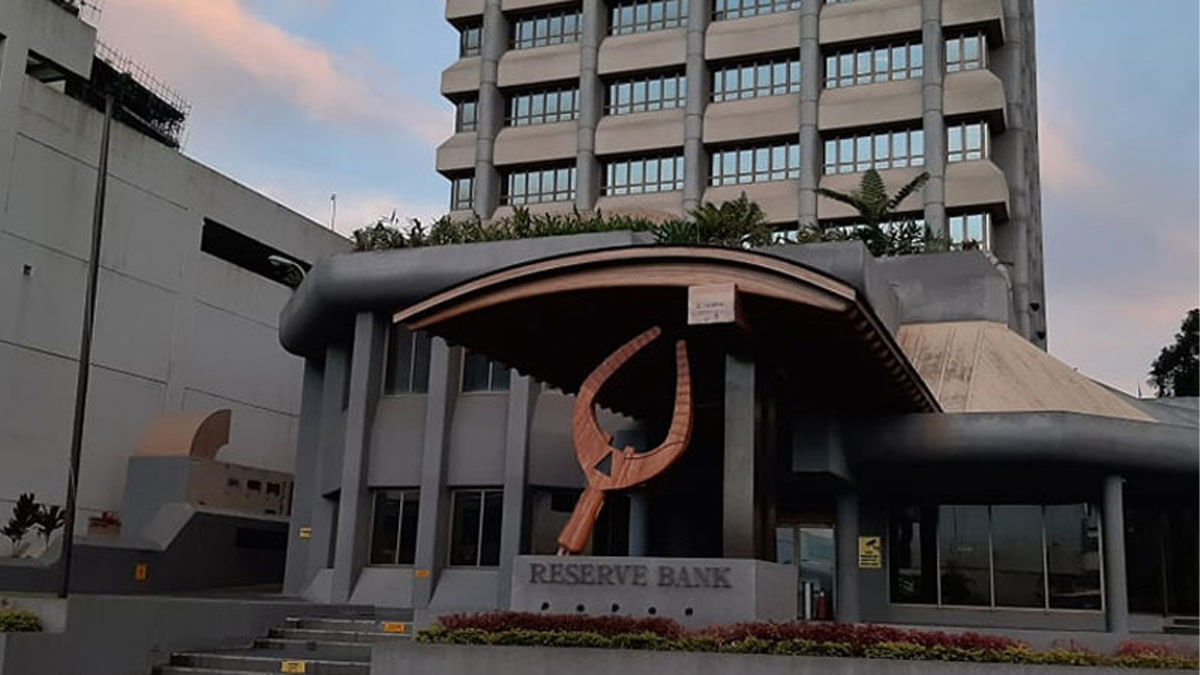
The annual headline inflation rate picked up from 5.8 percent in May to 6.7 percent in June, and was underpinned by higher prices in the food and non-alcoholic beverages, alcoholic beverages, tobacco and narcotics, transport, housing utilities, and restaurants categories.
The Reserve Bank of Fiji says while inflation is expected to moderate from this month after the impact of the VAT increase drops-out from the base effect, it is forecast to remain around 4 to 5 percent by the end of this year.
RBF Governor and Board Chairman, Ariff Ali highlighted that the Fijian economy has been largely driven by consumption activity supported by the higher tourist demand, personal remittances and improved disposable incomes resulting from current tight labour market conditions.
Ali says investment activity is slow paced but recent forward-looking indicators point to a gradual improvement.
He adds going forward, the initiatives announced in the fiscal year 2024-25 National Budget is expected to stimulate economic activity.
Ali says while sectoral outcomes varied through to June, the tourism sector sustained its positive momentum into its peak season.
Visitor arrivals in the first half of the year grew annually by 7 percent to 447,155 visitors, driven by more visitors from New Zealand, the United States, China, Australia and the Pacific Island Countries.
On the sectoral front, annual gains were recorded for gold and electricity output, however, timber and mineral water production remain muted in the year to June. The RBF Governor says the financial sector remains conducive for growth with the low interest rates supporting private sector credit growth which accelerated to 11.3 percent in June, the highest since July 2017 (15.6 percent).
As of last week, foreign reserves stood at $3.5 billion, sufficient to cover 5.8 months of retained import of goods and services, and are projected to remain adequate over the medium term.
Ali indicated that after weighing in the current economic conditions and risks, the medium-term outlook for inflation and foreign reserves was stable.
The current monetary policy setting will be maintained for now to support economic growth.
Stay tuned for the latest news on our radio stations

